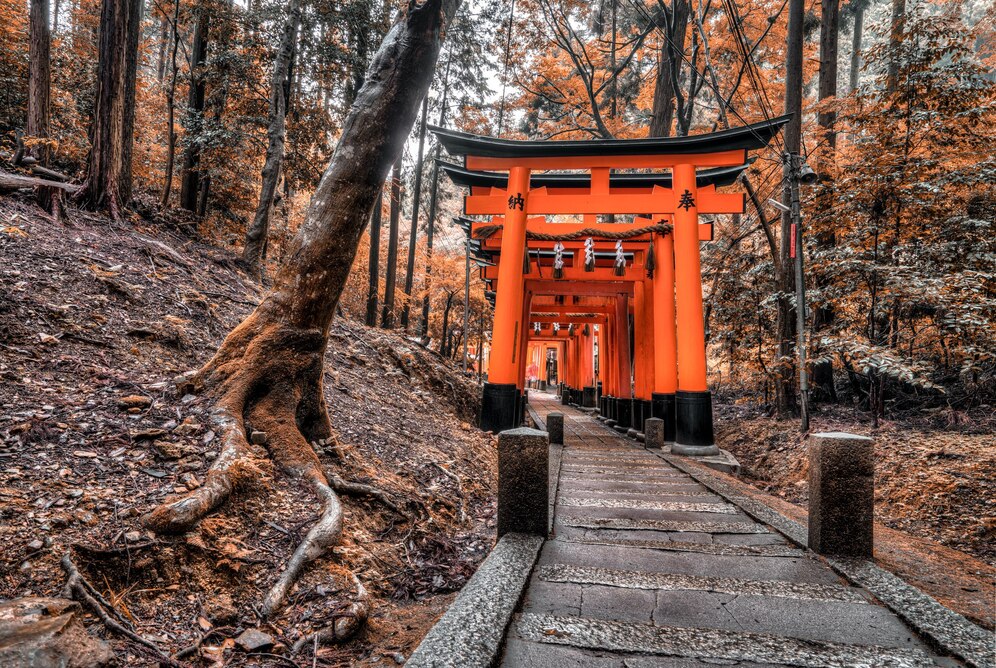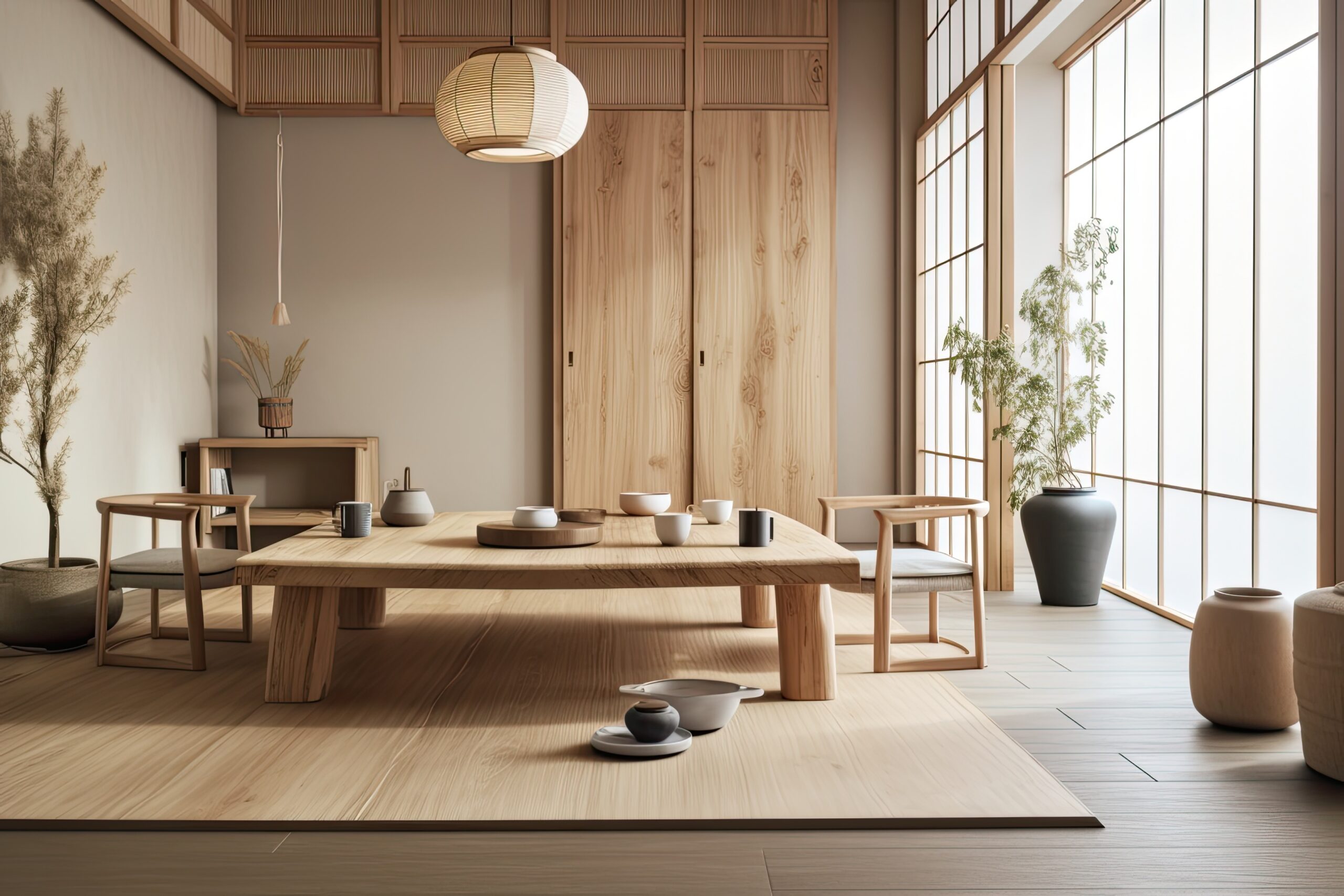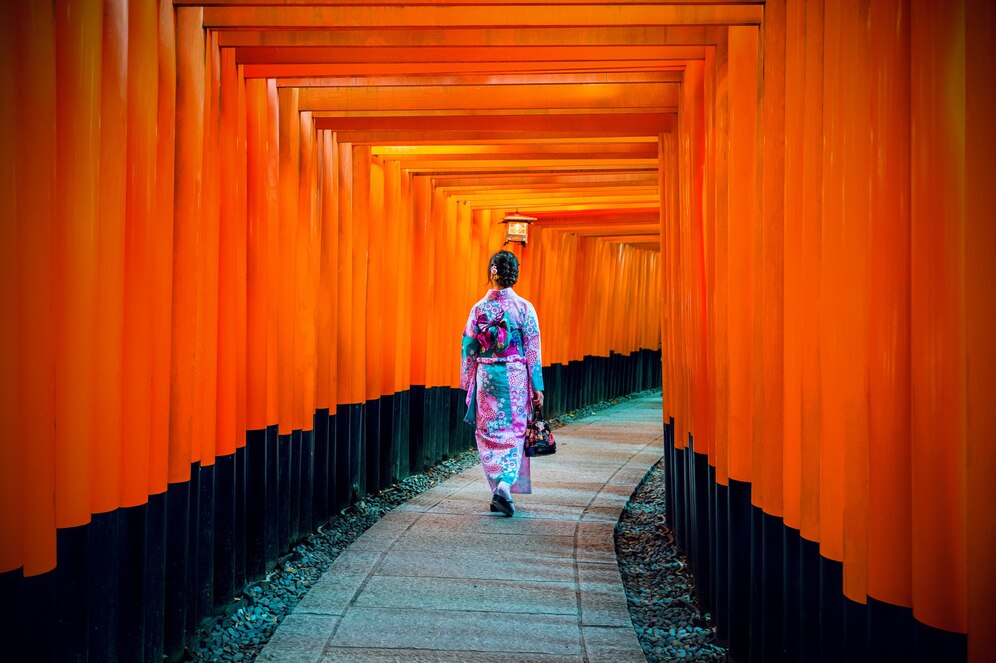By Amalia Theocharidou,
As Asian cultures have been becoming more and more popular nowadays, people have started showing a growing interest not only in interacting with Asian products, but also learning more about the languages and traditions. One language that has been particularly sought after is the Japanese. Inspired by the Confucian values, the said language includes words that decipher multiple philosophical meanings of the time that have passed in today’s vocabulary, or even entire lifestyles. This article will provide some of that type of words that a few of us may even find relatable.
Mottainai
“Mottainai” translates to “what a waste!” and therefore, in today’s world, has been linked to environmental issues. Wangari Mathai, a Kenyan environmentalist, introduced this word in a UN conference, setting it as a motion to promote recycling. The idea of decreasing waste is very prominent in the Japanese life style, an example being the usage of the hand-washing water in toilets. The phrase sets back a long time ago in history, when people tried to find ways to cook the entire animals, due to poverty and it’s overall the act of wanting just as much as you need, like the saying “Waste not, want not” implies.

Shinrin-yoku
Emerged from Buddhism, “Shinrin-yoku” is a physicians’ treatment which started in 1982. The government, having observed the increasing cases of karoshi (which means death due to overworking), promoted this specific remedy, forest-bathing, in order to forget about the urban life and to reconnect with yourself with the help of the calming sounds of nature. Despite what many might think, this is not about taking a bath in the forest, but filling yourself with the calmness of the woods, finding peace in the natural elements. Shinrin-yoku is a common medical prescription for people of all ages, as it has been proved to help with anxiety and depression.
Hikikomori
The Japanese psychologist, Tamaki Saito, defined Hikikomori as a syndrome of extreme social withdrawal. What initiated as a trend, soon ended up having great consequences. Hikikomori basically describes a phase, in which people don’t leave their homes for months or even years. Japan’s Health Ministry announced that in 2024, more than 1.5 Japanese people have transformed into modern-life hermits, as a result of academic pressure, bullying, financial reasons and the overbearing mendling of families with one’s life.
Wabi-sabi
Wabi-sabi serves as a response to the imposed “perfectness” of our world. It describes the beauty one can find to incompleteness, to imperfection. Our life and as well as everything that surrounds us are not always perfect. Wabi-sabi invites the people to come to terms with that fact and to appreciate this exactly. People grow and they need to accept their flaws and the changes in their appearance, as to stop chasing for that continuous flawless image of things. The Wabi-sabi aesthetic consists of asymmetry and minimalism, objects made of wood, stones or metal.

Ikigai
Ikigai means your purpose in life. It differs for each one of us and it has to do with our own personal values and preferences. It signifies your reason to exist, your passion, it has to do with doing something you love and not force yourself. The writer, Dan Buettner, of the book “Blue Zones: Lessons on Living Longer from the People Who’ve Lived the Longest“, has advised his readers to do three lists. Your values, what you like to do and things you’re good at. There lays your Ikigai. The Japanese chef Jiro Ono has found his Ikigai in perfecting sushi. Therefore, he owns a sushi restaurant, with only ten people capacity. Nevertheless, he obtains three Michelin stars and has been on the list with the most successful chefs worldwide.
References
- Ikigai: Το ιαπωνικό μυστικό για να φτάσετε στο μονοπάτι της ευτυχίας. Business Daily. Available here
- Japanese Confucian Philosophy. Stanford Encyclopedia of Philosophy. Available here
- Mottainai: In Japan, creativity is key to a no-waste ideal. BBC. Available here
- Forest Bathing in Japan (Shinrin-yoku). Japan National Tourism Organization. Available here
- Hikikomori, το σύνδρομο που δημιουργεί γενιές απομονωμένων ανθρώπων και πώς να το αναγνωρίσετε. Το Πρώτο Θέμα. Available here
- Η φιλοσοφία του Wabi Sabi. Jenny.gr. Available here
- 7 Japanese Words You Need To Be Living Your Life By. Green Queen. Available here




